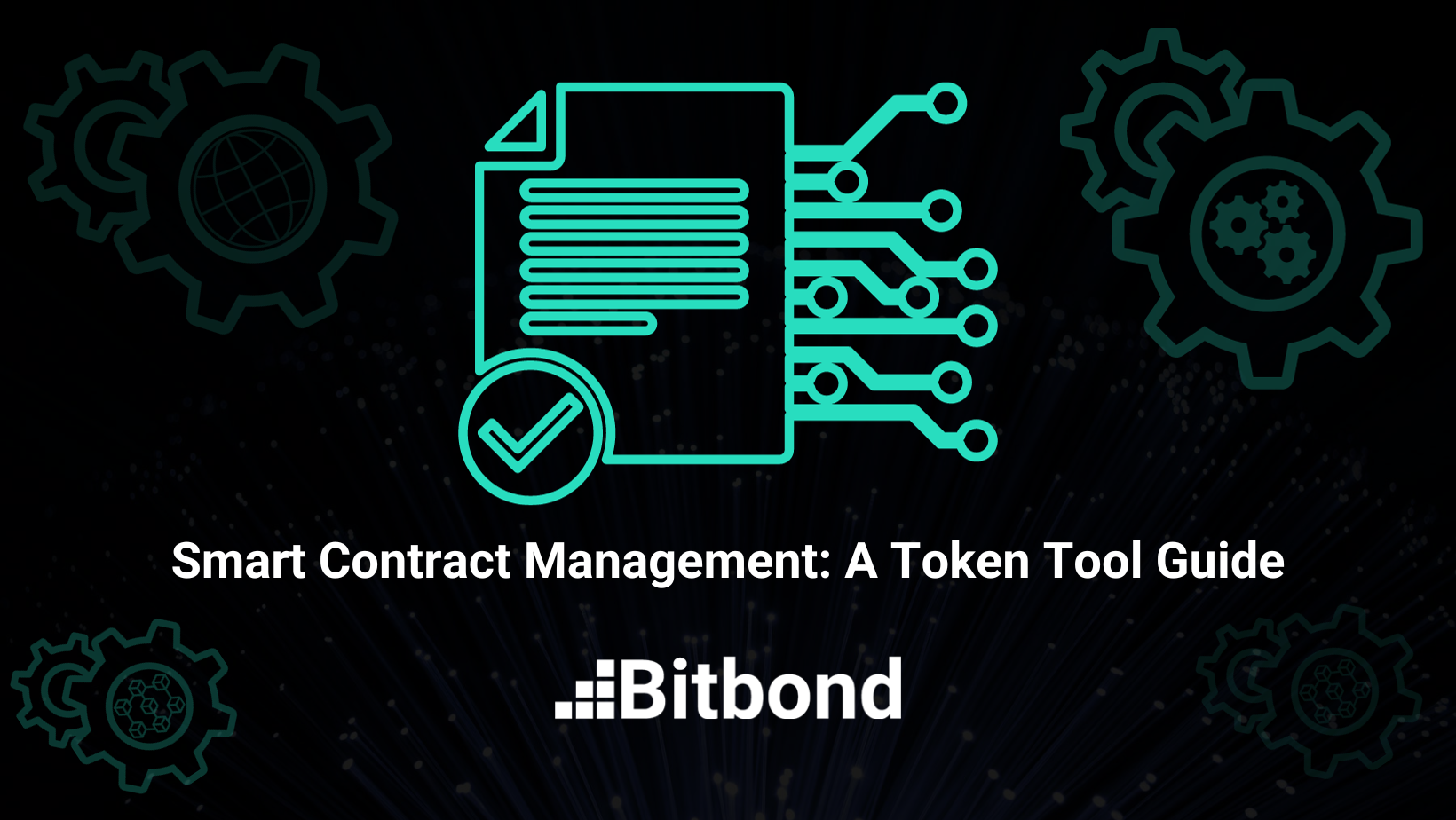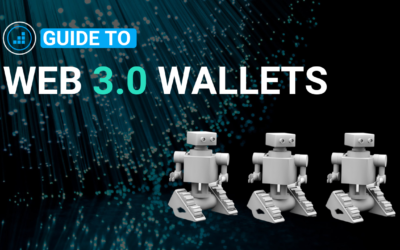Table of Contents
Smart Contract Management: Unveiling the Digital Backbone of Business
Introduction to Smart Contracts and Their Role
Smart Contract Management is rapidly defining how businesses operate in the digital world. But to truly grasp its significance, one must first understand the foundation: smart contracts themselves. Imagine entering a vending machine agreement: you insert a coin, and a snack drops down. Here, the machine acts on predefined logic. Similarly, smart contracts automate agreements on the blockchain, executing actions when set conditions are met.
For instance, in real estate, a smart contract can automatically transfer ownership rights once payment is confirmed, eliminating middlemen and ensuring immediate, transparent transactions.
However, it’s crucial to distinguish between blockchain – the technology underpinning these contracts – and the contracts themselves. While blockchain provides a decentralized ledger system, smart contracts are the protocols dictating the terms of transactions on this ledger.
Diving Deeper: What is Smart Contract Management?
Building on the foundation of smart contracts, we naturally progress to smart contract management. At its core, this is the process overseeing the complete lifecycle of a smart contract, from its inception, and deployment, to eventual termination. Given the intricate nature of these digital contracts and the potential repercussions of even minor errors, managing them effectively is paramount.
For businesses, this isn’t just about automation but about ensuring every contract operates flawlessly, within the desired parameters, and aligns with legal and compliance norms.
Breaking Down a Smart Contract: The Major Components
Smart contracts are made up of three core parts: properties, logic, and ledger. Think of properties as a blueprint or template, logic as the set of rules or instructions, and the ledger as a record-keeping system.
- Properties
- Static: These are the immutable aspects of a contract, much like the founding principles of a constitution.
- Variable: Evolving elements within a contract that can change based on conditions, similar to variables in programming.
- Logic:
This is the beating heart of the contract. It’s the embedded code dictating how the contract responds under different circumstances. For an in-depth dive into how smart contracts work, Ledger offers an excellent guide.
- Ledger:
Think of this as the contract’s memory. Every action and every change gets recorded here, ensuring full transparency and traceability. It’s akin to a database, providing a chronology of every transaction.
Currently, every version of a smart contract gets run by each computer in a network to ensure consistency across the board.
However, with the introduction of Cryptlets, there’s a shift in how these contracts work. Instead of having everything packed into one, the logic part is separated out and put into a special code block called a Cryptlet. This Cryptlet operates within a protected environment, separate from the main contract.
The main advantage? Instead of every computer in a network running the contract, the logic can be processed elsewhere, like on a specific computer or even in the cloud. This not only optimizes the process but also ensures that the contract remains secure and consistent.
Understanding these components isn’t just academic; it’s foundational to effective smart contract management, ensuring each digital agreement is both functional and foolproof.
Who’s in Charge? The Network’s Control Over Smart Contracts
Decentralization is the watchword of blockchain, and by extension, smart contracts. Unlike traditional systems where a central authority holds sway, here, the network—comprising countless nodes—collectively governs. This decentralized control safeguards against single points of failure and potential manipulation.
However, with such a system, it’s essential to have consensus mechanisms to ensure every node agrees on a transaction’s validity. For those curious about the intricacies of network control in blockchain, the finance & development magazine of the IMF sheds light on the delicate balance of power in decentralized systems.
Top 5 Smart Contract Development Tools
In a realm as dynamic as blockchain, having the right tools to construct and manage smart contracts becomes a significant advantage. While myriad tools exist, we’ll spotlight five that have carved a niche in this domain:
Distinguishing itself from others, Token Tool doesn’t just focus on development but the entire smart contract lifecycle. The platform simplifies the intricacies, letting users focus on objectives rather than blockchain complexities.
- Truffle:
Widely acclaimed, Truffle offers a robust suite for Ethereum smart contract development, complete with built-in smart contract compilation, linking, and deployment.
- Remix:
A powerful, open-source tool that runs directly in your web browser, offering real-time compilation for Solidity, Ethereum’s programming language.
- Ganache:
Part of the Truffle suite, it’s a personal blockchain for Ethereum development, enabling developers to deploy contracts and make calls.
- EtherScripter:
For those starting on their smart contract journey, this visual tool provides a drag-and-drop interface to create contracts without diving deep into coding.
It’s essential to remember that the best tool often aligns with one’s specific needs, goals, and technical prowess.
Smart Contract vs. Automation: Understanding the Distinctions
While both concepts revolve around automating processes, there are marked differences. Smart contracts, bound to the blockchain, are immutable once deployed and function based on predefined conditions without intermediation.
On the other hand, general automation—used in software applications and robotic processes—can be modified, paused, or terminated by entities overseeing them. Think of smart contracts as automated agreements that are tamper-proof, while general automation can be more malleable and context-driven.
Limitations of Smart Contracts
Every innovation, no matter how groundbreaking, has limitations:
- Immutable:
Once deployed, they can’t be altered, meaning any error is permanent unless a new contract is created.
- Complexity:
Requires a steep learning curve, particularly for those unfamiliar with coding and blockchain principles.
- Gas Fees:
On platforms like Ethereum, executing contracts incurs costs, sometimes deterring users.
- Vague Terms:
Smart contracts include terms that aren’t always understood. Hence, a non-technical person would find it difficult to accurately understand what it holds.
- Regulatory Ambiguity:
Given their relatively new emergence, clear regulatory frameworks aren’t always in place, leading to potential legal complications.

Acknowledging these limitations is crucial, not as a deterrent, but as a roadmap to guide the evolution and refinement of smart contracts.
Token Tool’s Role in Navigating the Smart Contract Landscape
While the technical intricacies of smart contracts can be daunting, it’s essential to remember that innovation isn’t just about creation, but also accessibility. Enter platforms like Token Tool.
Its beauty lies in its ability to democratize the blockchain landscape. For many, the steep learning curve associated with smart contracts can be off-putting. Yet, Token Tool bridges this gap. Here’s how:
- User-centric Approach:
Token Tool is built keeping the end-user in mind. From its intuitive interface to its straightforward functionalities, everything is designed to be plug-and-play. This eliminates the traditional roadblocks that can deter many from exploring the vast potential of smart contracts.
- Security First:
While smart contracts are secure by design, their creation and deployment can still be riddled with vulnerabilities. Token Tool ensures that any smart contract generated through its platform is robust, secure, and resistant to common vulnerabilities
- Compliance-centric Nature:
With ever-tightening regulations around blockchain and cryptocurrencies, compliance is paramount. Token Tool ensures that all smart contracts adhere to prevailing laws and best practices, safeguarding both creators and users.
The platform offers an intuitive interface, specifically tailored for individuals who might not possess a technical background. With just a few clicks, users can create, deploy, and manage smart contracts tailored to a myriad of assets.
There’s no need to grapple with lines of code or wrestle with blockchain principles. Instead, Token Tool does the heavy lifting, allowing users to harness the power of smart contracts without the associated complexity.
The focus shifts from the “how” – the technical jargon – to the “what” – the vast potential and applications of your smart contracts.
Real-world Applications and Success Stories with Smart Contract Management
The true potential of any technological advancement can be gauged by its real-world applications. Smart contract management is no exception.
- Supply Chain Transparency:
Leading companies have integrated smart contracts to trace products from origin to shelf. This ensures authenticity and builds trust among consumers.
- Decentralized Finance (DeFi):
Platforms have emerged that allow peer-to-peer loans, borrowings, and more, all governed by smart contracts ensuring transparency and trust.
- Automated Agreements:
From real estate to freelancing contracts, automated agreements ensure that once conditions are met, actions (like fund transfers) are executed automatically, reducing friction and ensuring timely compliance.
These are just a few instances. Countless industries are now exploring ways in which smart contracts can refine, redefine, and revolutionize their operations.
Conclusion: The Future of Smart Contract Management
The horizon of smart contract management is vast and full of potential. From simplifying complex operations to ensuring unparalleled transparency, the possibilities seem limitless. As we delve deeper into this digital age, smart contracts promise to be the bedrock upon which many future innovations will be built.
Furthermore, as tools like Token Tool make this technology more accessible and user-friendly, we can only anticipate a surge in its adoption across sectors and geographies. One thing’s for certain: the future of smart contract management looks bright, and promising, and is poised to reshape the way we perceive digital contracts and agreements.




